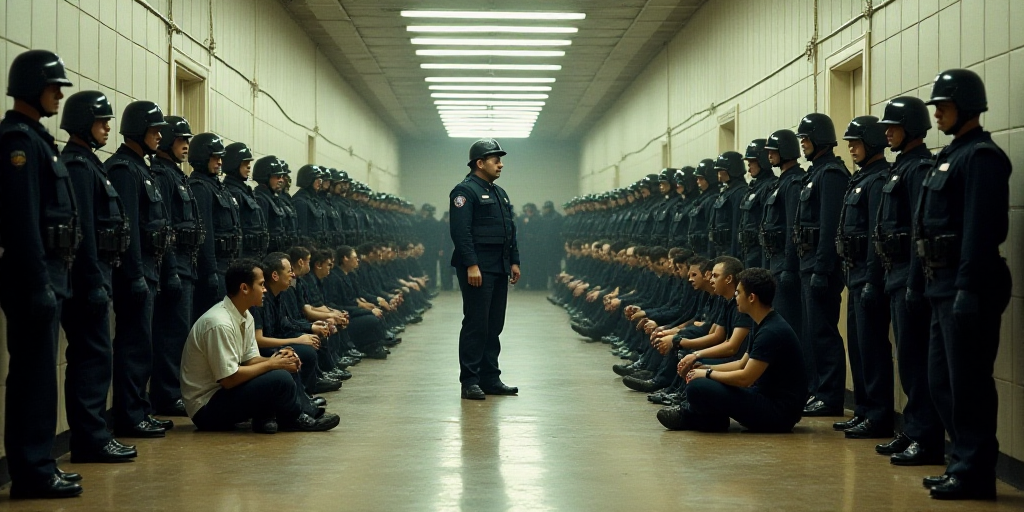Background on the Issue
In March 15, under President Donald Trump’s administration, the United States expelled 238 Venezuelans and 23 Salvadorans to a prison in El Salvador, accusing them of being gang members. This action was taken under an 18th-century “Enemy Alien Act.”
Legal Challenges and U.S. Stance
Civil rights lawyers and organizations have filed lawsuits against the administration, arguing that mass expulsions are illegal and violate due process rights. Until now, the U.S. has publicly stated and in court that it has no authority over migrants deported to El Salvador. President Nayib Bukele has also claimed he lacks the power to send them back.
El Salvador’s Position
According to court documents, El Salvador’s authorities assert that they have “jurisdiction and legal responsibility” over the expelled migrants. They maintain that their actions were limited to implementing a bilateral cooperation mechanism and facilitating the use of Salvadoran penitentiary infrastructure for detention under another state’s judicial and law enforcement system.
El Salvador insists that the “jurisdiction and legal responsibility” for these individuals rest solely with the competent foreign authorities. Consequently, El Salvador cannot be held accountable for failing to adhere to the principle of non-return.
Controversy and Consequences
The agreement between Washington and El Salvador has sparked protests after the U.S. government refused to return a Salvadoran national, Kilmar Abrego García, despite acknowledging the erroneous expulsion. The U.S. initially claimed it lacked jurisdiction until June, when Abrego García was returned due to an arrest warrant for alleged human trafficking, a charge he denies. His lawyers claim he was tortured in prison.
President Bukele has agreed to jail expelled migrants in exchange for $6 million, according to the White House.
Supreme Court Intervention
The U.S. Supreme Court urged the government to respect due process, as migrants have the right to challenge expulsions.
Key Questions and Answers
- What is the dispute about? The disagreement centers on whether the United States has jurisdiction and responsibility for migrants expelled to El Salvador.
- Who are the parties involved? The United States and El Salvador are the main parties in this dispute, with civil rights organizations supporting the migrants’ cause.
- What is El Salvador’s stance? El Salvador asserts that it does not have jurisdiction over the expelled migrants, as this responsibility lies with the U.S. authorities.
- What legal challenges have been raised? Civil rights lawyers and organizations have filed lawsuits, arguing that mass expulsions are illegal and violate due process rights.
- What is the controversy surrounding Kilmar Abrego García’s case? The U.S. initially refused to return Abrego García despite acknowledging the erroneous expulsion. He was eventually returned on an arrest warrant for alleged human trafficking, which he denies. His lawyers claim he was tortured in prison.
- How has the U.S. Supreme Court intervened? The Supreme Court urged the U.S. government to respect due process for migrants challenging their expulsions.






